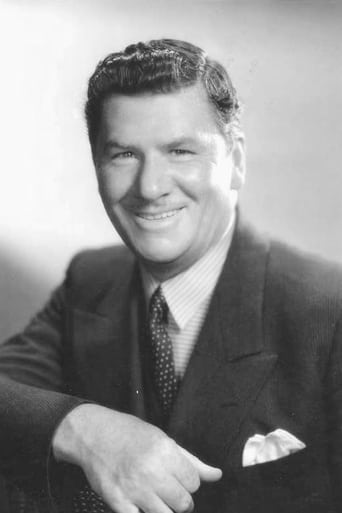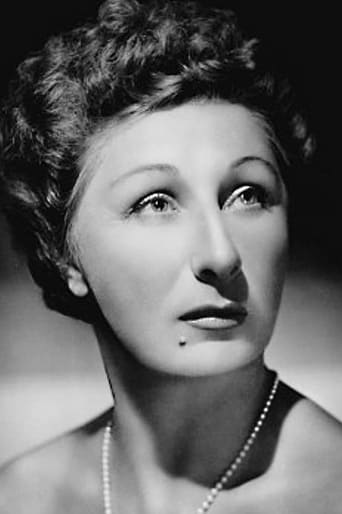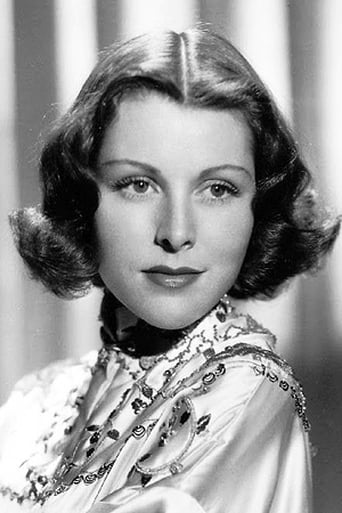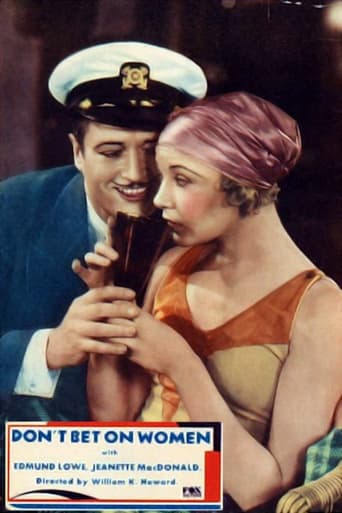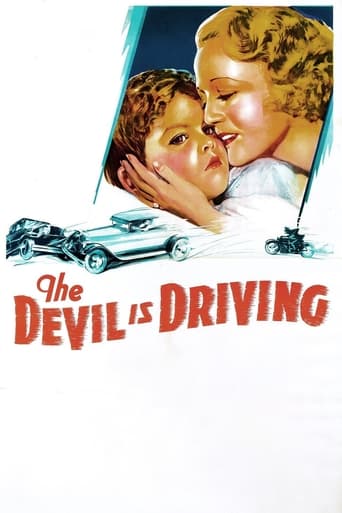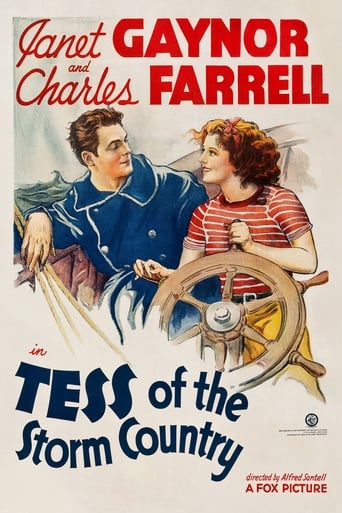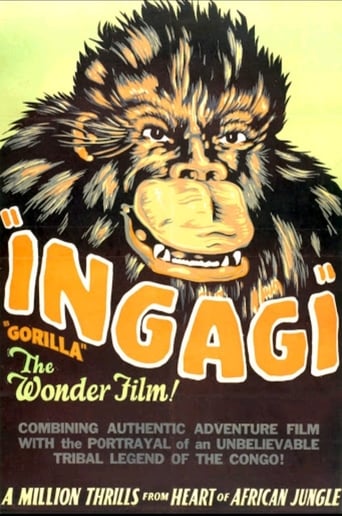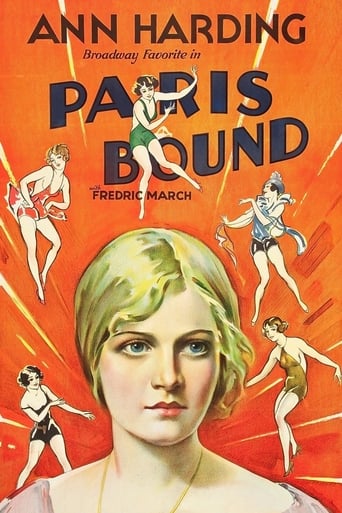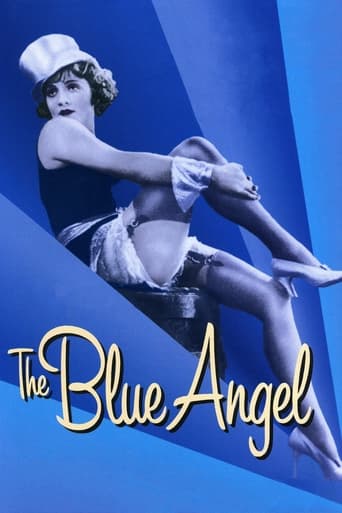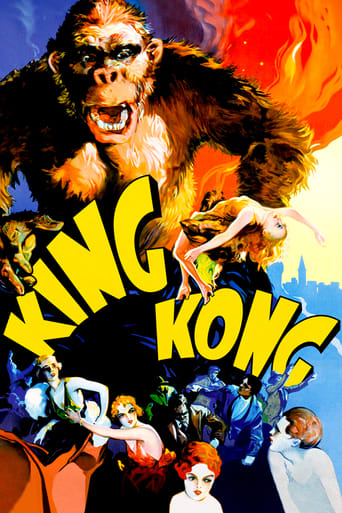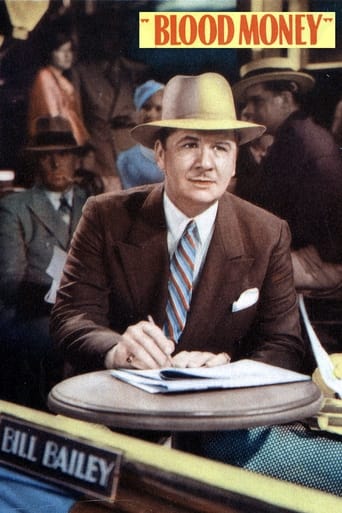
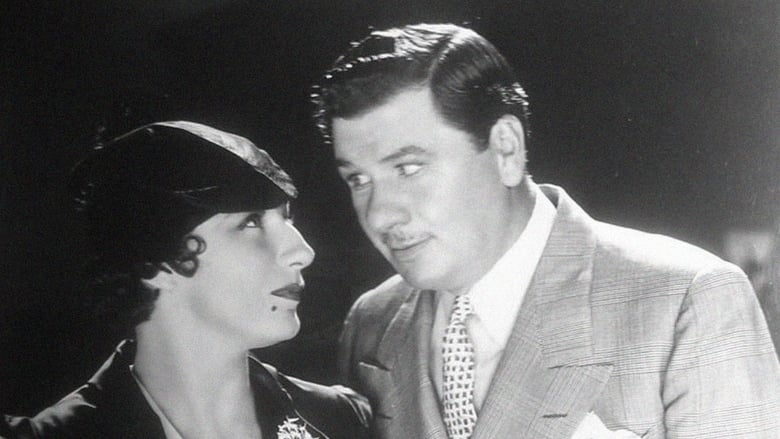
Blood Money (1933)
The title refers to the business of affable, ambitious bail bondsman (and politically-connected grifter) Bill Bailey, who, in the course of his work, crosses paths with every kind of offender there is, from first-time defendants to career criminals.
Watch Trailer
Cast


Similar titles
Reviews
For all the hype it got I was expecting a lot more!
A great movie, one of the best of this year. There was a bit of confusion at one point in the plot, but nothing serious.
The thing I enjoyed most about the film is the fact that it doesn't shy away from being a super-sized-cliche;
It is neither dumb nor smart enough to be fun, and spends way too much time with its boring human characters.
...who spent so much time over at RKO playing the sweet young thing. Dee plays the catalyst of the entire story, even though, sometimes, you won't even know what she is up to.The main character, however, is George Bancroft as Bill Bailey, a bail bondsman and PR man extraordinaire. It shows how well connected he is as just about every criminal in town has bail through Bailey. He knows the attorneys, the judges, and most of the underworld. He carries around cigars that say "Bailey For Bail" on them. It's mentioned later that he was once a cop that got thrown off the force for graft, and even though he's a gray character, he plays this like Popeye - "I am what I am", and you know something, I liked him. I liked him because he was on the level about who he was and what he did. He has a girlfriend (Judith Anderson as Ruby Darling) who seems to be a madam, maybe not, but for sure runs an upscale saloon complete with torch singers. And she, like Bailey, "is what she is". She does not pretend.And then a different kind of customer walks into his establishment - socialite Elaine Talbart (Frances Dee), arrested for shoplifting, and hands him a six thousand dollar ring as collateral for much smaller bail. She claims the whole thing is a big misunderstanding (it is not). At first Bailey is just intrigued because her family is so wealthy, but soon he is falling for the girl. However, Elaine's big downfall, and the downfall of everybody she encounters, is that she is a spoiled brat who is addicted to excitement and danger. And THAT is why she starts a relationship with Bailey. He shows her a side of life she has never seen before.One more thing, towards the beginning of the film Ruby's baby brother gets out of prison. Nope. There was no mistake. Her little brother Drury is a thief and probably will always be one. He doesn't like violence, he just likes money and isn't partial to hard work.And then one day at the races when Bailey is with Elaine, over walks good looking Drury, and when she finds out his past she gets a twinkle in her eye...a ticket to even more excitement! Boy, has she got that right because Drury is about to pull another bank job. When he skips town with Bailey's bail and with his girl, it starts warfare with Ruby and the underworld on one side and Bailey, who realigns himself with the police, on the other side. The thing that nobody knows is that the act of betrayal that starts it all is caused by a decision Elaine makes unilaterally. How does this all work out and what was that decision? Watch and find out. I'll just say that the end of this film was a blast.There are some great individual scenes in this one that are strictly precode - at Ruby's, Bailey offers a gentleman a cigar, "he" turns around and turns out to be a woman in a man's suit. She takes a puff of the cigar and says "you big sissy!". Bailey busts out laughing. A woman comes into Bailey's office with a boy about 15 and wants to put up his bail. She says "her boy is a good boy". Bailey asks what the charge is and she says "assault" - that was code for rape in even the precode era. Bailey asks how old the girl was, and the boy says 38. Bailey laughs at the thought - a thought that would not be funny today. Finally, a woman runs screaming out of a building claiming that a man advertised for artists' models, she showed up, and he attacked her. Elaine asks where is the artist? The woman points to an office, and Elaine grabs the ad and walks deliberately towards the office. Hot stuff from Fox, a studio not usually associated with precode stuff.
What a wacky little gem from cult filmmaker Rowland Brown. He got this one in just under the wire. The next year 1934 would see an all-out effort to "clean up the movies", and for the next 30 years audiences would get twin beds, closed-mouth kissing, and no hint of a human vagary that couldn't be shoe-horned into Jack Webb- style law and order or Rock meets Doris type romance. None of that predictable conventionality here. Instead, it's an unapologetic look at a layer of urban life soon to be shoved back into the Legion of Decency's dark closet. Macho bail bondsman George Bancroft works the shady side of the law, dabbling at times in stolen property. Nothing too unusual there. But watch him caress thief Chick Chandler's shoulder even after the latter has moved in on Bancroft's girl, or laugh uproariously at a "sissy" remark thrown his way. He may end up with the bordello madam, but it looks like the law is not the only both-sides-of-the-street he works.Then there's sweet-faced ingénue Frances Dee as the rich girl on-the-make. But it's not Cary Grant or Ralph Bellamy she's hankering for. It's the load of masochistic pain that makes her eyes go all shiny and her voice all quavery. The problem is she can't decide whether it's the brawny thrills of a masterful man or the hip-swiveling charms of a hula girl that attracts her more. There's also the erotic sideline of lifting meaningless articles from downtown stores that sort of fills the day-to-day gaps, to say nothing of a sense of loyalty that sort of comes and goes. She may look like one of those madcap heiresses of the thirties, but the reality is far more Freudian and provocative.And what other movie would dare make a sympathetic sex object out of that hawk-nosed paradigm of female villainy Judith Anderson. Apparently, it was her first film before the gargoyle type-casting that would later take hold. Meanwhile, the slinky gowns and plunging neck-lines are surprisingly effective, even if the facial profile is not exactly that of the classic Hollywood beauty. It's a measure of Brown's humanity, I take it, that her character as a bordello madam comes across as the movie's most sympathetic.Mix these characters into what amounts to an urban inferno and you get a genuine piece of Hollywood exotica, to say nothing of the monocled cross-dresser who dates Chick Chandler's nervy thief, the same guy who hires on not one professional girl for the evening, but two (one of which is an early Lucille Ball). Note too, how easily the shady Bancroft mixes in with the respectable types. First it's an insurance executive, then a shipping magnate, and most conveniently, the city DA, as overworld and underworld blend into a single shape-shifting shade of gray. It's that margin of ambiguity, not only between the sexes, but between the social classes and the law that lies, I believe, at the movie's core. The fluid nature of things is made more apparent by the fact that Brown remains non-judgmental throughout. His characters simply are as they are. Dee is made no less deserving of happiness than anyone else. And in one of the strangest of all Hollywood endings, where Bancroft and Anderson at last find true love, Dee goes gleefully off to another expected masochistic romp, unpunished. Love and lust both triumph here, with no moral distinction drawn at fade-out. And when Bancroft is made to remark that liberals acknowledge human vice and try to control it, whereas conservatives simply turn their backs on its existence, that sounds like Brown speaking. Certainly, he was no conservative in that respect. Hollywood, however, would unfortunately turn their backs on selected reality for the next thirty years, as Brown's all-too-brief career underscores. Too bad. For as the movie shows in its own unorthodox way, his loss was our loss too.
Pre-Code Hollywood was a "fascinating period in American motion picture history from 1930 to 1934 when the commandments of the Production Code Administration were violated with impunity in a series of wildly unconventional films -a time when censorship was lax and Hollywood made the most of it..."The underworld-set BLOOD MONEY(Fox 1933), typical of its time, tweaks convention by making no apologies for its morally compromised characters or their criminal actions and risqué situations. Burly George Bancroft plays high-profile L.A. bail bondsman Bill Bailey, a man who makes a very comfortable living off society's less fortunate. Vice queen Ruby Darling (a languid, bejeweled Judith Anderson swathed in fur) put him on top after he was thrown off the police force for theft and he repays her by falling for kleptomaniac Elaine Talbart, a Beverly Hills society girl with an "underworld mania". When Bailey introduces Elaine to Ruby's bank-robber brother, Drury (Chick Chandler), sparks fly but a double-cross by Elaine forces Ruby to put an underworld contract out on Bailey. In this film's universe, criminal careers, shady politics, high society hypocrisy, prostitution, and sexual ambiguity are all alluded to in breezy fashion and even unrequited love resolves itself in an upbeat ending. Frances Dee steals the show as the over-heated Elaine, a gal who's eyes light up at the very thought of crime. She's last seen chatting up a stranger who was just manhandled and near-raped by a photographer she interviewed for; Elaine, growing visibly excited, asks the girl what floor his offices are located on and rushes off to meet him! Buxom songstress Blossom Seely, done up as "Diamond Lil", torches it up in a speakeasy and look quickly for a platinum blonde Lucille Ball playing a five dollar hooker at the dog track.
Blood Money (1933) ** (out of 4) Early Pre-Code from Fox has George Bancroft playing a dirty bail bondsman who gets caught up with a rich girl (Frances Dee) who can't seem to stay out of trouble. I had read several good reviews of this film, which compared it to the fast Pre-Codes of Warner but I found this 65-minute drama pretty boring from start to finish. Bancroft gives his best Cagney impersonation but doesn't add anything to the character. He's neither cool, stylish or tough. The most interesting aspect is seeing Dee play a bad girl, which I guess we'd compare to Paris Hilton today. Dee usually played the good girl so it's nice seeing her doing something different. The film has some pretty rough dialogue, which includes two different times where Bancroft is called homosexual terms including a "fag". The ending also rips off Keaton's Sherlock Jr. with an explosive cue ball, which is just downright stupid here.


